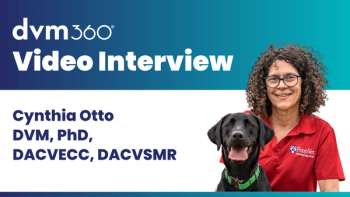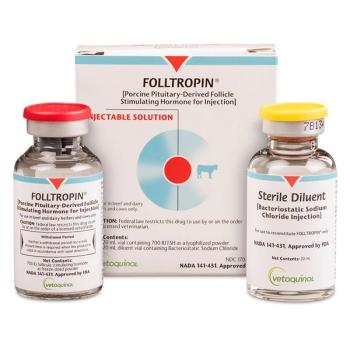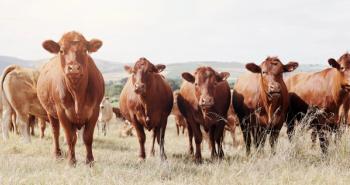
What difference do antimicrobials make? (Proceedings)
Antimicrobial efficacy in cattle can be evaluated through clinical studies including a negative control group. To be included here, the study must have specified that the subjects were randomized, the evaluators were masked to treatment, and that statistical analysis was applied. Much of the data were compiled from Food and Drug Administration Freedom of Information (FOI) summaries for veterinary drug approvals.
Antimicrobial efficacy in cattle can be evaluated through clinical studies including a negative control group. To be included here, the study must have specified that the subjects were randomized, the evaluators were masked to treatment, and that statistical analysis was applied. Much of the data were compiled from Food and Drug Administration Freedom of Information (FOI) summaries for veterinary drug approvals. Study outcomes were evaluated by two calculated parameters. Attributable risk reduction (ARR) determines the difference in actual occurrence of an outcome (e.g., an improvement in clinical success from 40% in the controls to 60% in the treated group is an ARR of 20%). Number needed to treat (NNT) is the number of animals that would need to be treated before a difference in outcome would be observed, calculated as 1/ARR (e.g., in the example above, the NNT would be 1/0.2, or 5).
Seventeen bovine respiratory disease (BRD) therapeutic studies incorporating 22 different positive treatment groups displayed a treatment success ARR range of 12% to 92% with an ARR median of 49% and median NNT of 2. Seven BRD control studies involving 5 drug regimens displayed an ARR range for reduction in morbidity of -3.3% to -48.8% with an ARR median of -11.7% and a median NNT of 9. Footrot studies included 4 antimicrobials in 11 studies with an ARR range for treatment success from 33.3% to 77.0% with median ARR and NT values of 52.0% and 2, respectively. Other infectious diseases in cattle were also evaluated.
Newsletter
From exam room tips to practice management insights, get trusted veterinary news delivered straight to your inbox—subscribe to dvm360.






